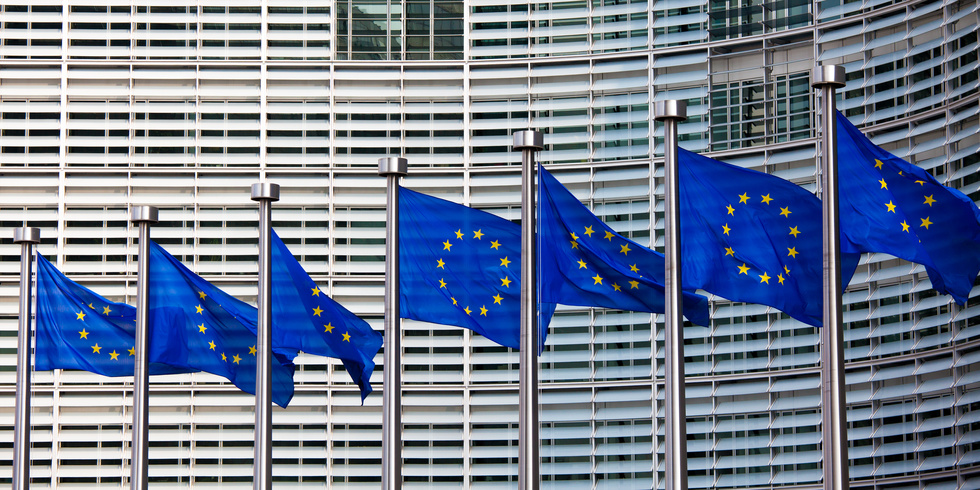On 17 November 2021 the EU published a draft Regulation seeking to introduce new due diligence requirements aimed at tackling deforestation and forest degradation (see press release here).
As set out in the proposal, deforestation and forest degradation impacts climate change and the loss of biodiversity and, as a consumer of commodities connected with this issue, the EU contributes to the problem. The proposal forms part of the EU Green Deal initiative and is intended to complement the EU’s Sustainable Corporate Governance initiative, under which horizontal due diligence requirements are expected in respect of adverse human rights and environmental impacts in businesses’ value chains more generally. See previous client alerts on this topic here and here.
The aim of the proposal is to “minimise consumption of products coming from supply chains associated with deforestation or forest degradation and increase EU demand for and trade in legal and ‘deforestation free’ commodities and products”. The draft legislation notes that the main driver of deforestation and forest degradation is the expansion of agricultural land to produce commodities such as cattle, wood, palm oil, soy, cocoa and coffee.
The proposal will repeal and replace the existing EU Timber Regulation (“EUTR“) which has imposed due diligence requirements on certain timber products for a number of years already. As noted above, the new proposed Regulation will have a broad scope capturing not only wood, but the other types of commodities listed above. It will adapt and replace the EUTR due diligence procedure by including measures such as:
- the submission of a due diligence statement to the competent authority confirming that due diligence has been undertaken before placing commodities and products on the Union market or exporting them from the market;
- a geographic information requirement which will link the commodities and products to the plot of land on which they were produced. This will enable the use of satellite images to confirm whether the commodity or product is compliant;
- increased cooperation with customs; and
- country benchmarking.
Penalties to be established at the Member State level for companies that violate the Regulation include: fines proportionate to the environmental damage and the value of the relevant commodities or products concerned, with a maximum amount of up to 4% of companies’ annual turnover; confiscation of the relevant commodities and products; confiscation of revenues; the suspension or prohibition of relevant economic activities; and exclusion from public procurement processes.
There have already been calls by MEPs for the range of commodities covered by the proposal to be expanded to include, for example, rubber and maize and for the approach to human rights to be strengthened.
The initiative is still at the proposal stage and is subject to review and subsequent amendments from the European Parliament and Council of the European Union. The ordinary legislative process to adopt the Regulation is unlikely to be concluded before the end of 2022.
It is worth bearing in mind that the UK has also committed to addressing this issue. On Wednesday 10 November 2021, the UK Environment Act 2021 entered into force (the “Act“). The Act aims to tackle deforestation and protect rainforests by prohibiting “Forest Risk Commodities” connected with illegal deforestation and requiring businesses to conduct robust due diligence. Secondary legislation to implement these requirements still needs to be adopted.
These developments reflect the increased scrutiny around deforestation and forest degradation. Companies should therefore be prepared to conduct effective due diligence practices to mitigate any potential risks in their supply chains and business operations.







